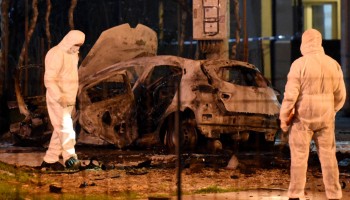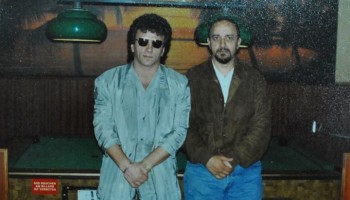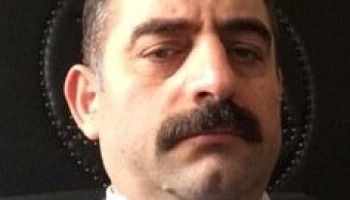“Our country will no longer be a refuge for criminals,” Vucic told reporters after a meeting of the Council for National Security. He announced a stricter criminal policy, with sanctions more severe than those in the European Union.
Punishment for criminals “will be draconian, stricter than in Austria and Germany” Vucic said, according to a government statement.
Serbia will introduce life in prison for the most serious crimes, including multiple murders, as well as longer sentences for violent behavior, rape, pedophilia murder of children and trafficking in weapons and narcotics.
Penalties for domestic violence will increase from a minimum sentence of six months to one year in prison.
Vucic explained that Serbia was looking at European legislation to inform its criminal policy. Citizens will have insight into the changes within the next twenty days before the proposal is sent to the Serbian Parliament.
“We have a large number of criminal charges, which are not accompanied by a large number of indictments. And a large number of indictments do not end with convictions” said Justice Minister Nela Kuburovic on Friday after police arrested 150 crime suspects and raided dozens of homes including those belonging to “powerful people believed to have links to drug cartels.”
Interior Minister Nebojsa Stefanovic said at the same press conference that Serbia has issued a red Interpol warrant for Filip Korac, who is believed to have taken over the notorious Zemun clan which controls all criminal business in Serbia and the region after the 2012 arrest of his friend and former Zemun clan boss, Luka Bojovic.
Until recently, however, police had little evidence against Korac.
The Zemun clan is known to have been formed from the notorious war-time paramilitary group The Arkan Tigers who were responsible for a number of war crimes during the 1990s wars.
More recently the clan has engaged in arms and drug trafficking, money laundering, prostitution and extortion schemes. In 2003, the clan was responsible for the assassination of Serbian Prime Minister Zoran Djindjic.






